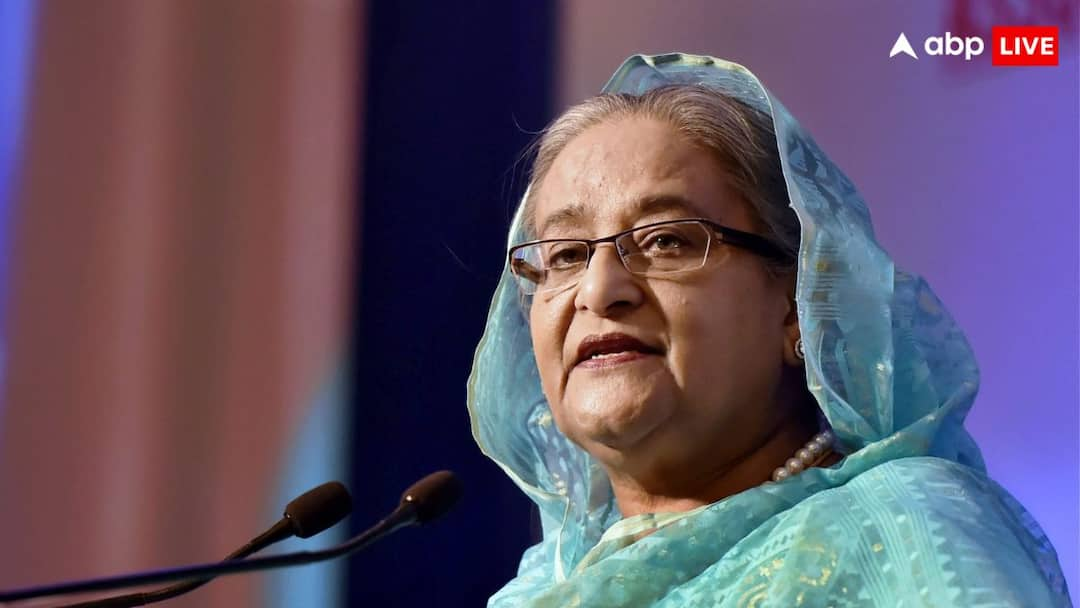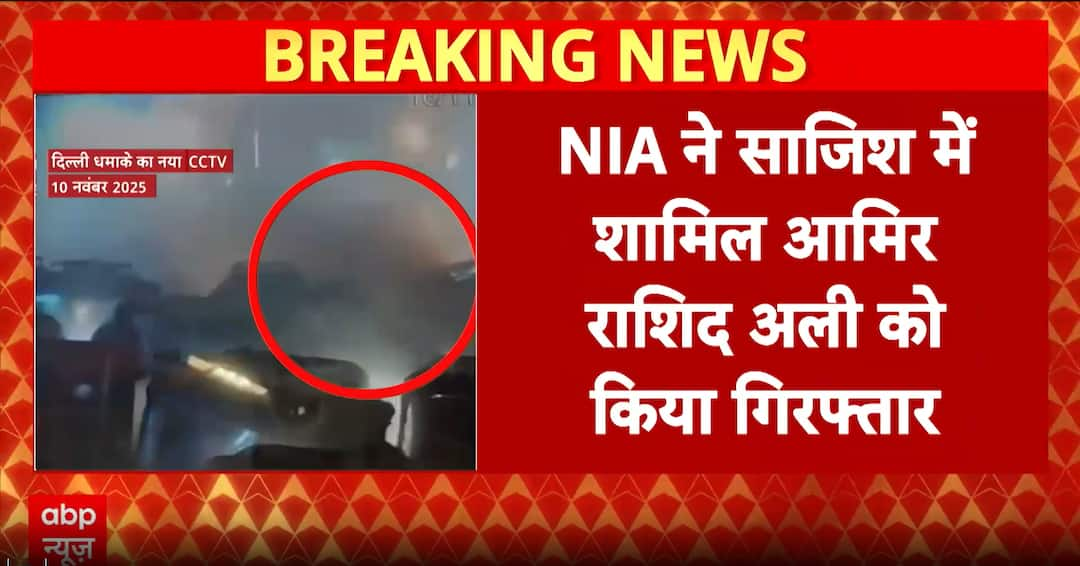As the International Crimes Tribunal prepares to deliver its verdict on Monday, former prime minister Sheikh Hasina, ex-home minister Asaduzzaman Khan Kamal and former inspector general of police Chowdhury Abdullah Al-Mamun stand accused in five cases linked to the July-August 2024 unrest surrounding the anti-discrimination student movement.
The formal charge sheets span 8,747 pages, detailing evidence, references and a full list of victims. Here is a breakdown of the allegations.
Provocative Speech, Coordinated Attacks and Failure to Act
Prosecutors allege that Sheikh Hasina made inflammatory remarks during a 14 July 2024 press conference at Ganabhaban.
What followed, they say, was a series of coordinated assaults carried out by law enforcement and ruling-party activists against students and civilians.
The tribunal is examining whether Hasina, Kamal and Mamun instigated, supported or permitted these attacks, and whether they failed to prevent or punish the resulting murder, attempted murder and torture.
Directing the Use of Lethal Force, Helicopters and Drones
Hasina is accused of ordering the deployment of helicopters, drones and live ammunition to suppress the protests.
According to prosecutors, Kamal and Mamun relayed and implemented these directives through their command structures.
The case frames these actions as crimes against humanity involving orders, abetment and conspiracy.
Killing of Abu Sayeed in Rangpur
One charge centres on the 16 July 2024 shooting of Abu Sayeed in front of Begum Rokeya University.
The prosecution claims the killing was carried out under instructions from senior political and security leadership, making the three accused responsible for ordering, aiding and conspiring in the attack.
Killing of Six Students in Chankharpul
Hasina, Kamal and Mamun also face charges over the 5 August 2024 deaths of six students in Dhaka’s Chankharpul area.
Prosecutors argue that the operation in which the students were shot occurred under their authority, making them liable for the outcome.
Killing and Burning of Six Men in Ashulia
Later on the same day, six men were shot in Ashulia. Five bodies were burned, while the sixth victim, allegedly still alive, was also burned.
The prosecution says the killings and subsequent burning took place with the knowledge, involvement and approval of the accused.
Prosecution vs. Defence Arguments
Chief Prosecutor Mohammad Tajul Islam maintains the state’s evidence is “as strong as the Himalayas” and proves every charge beyond doubt.
Defence counsel Md Amir Hossain dismisses the allegations as “false and fabricated”, arguing there is no documentary proof that Hasina ordered killings and asserting that a “separate group” was responsible for the violence that destabilised the country.



